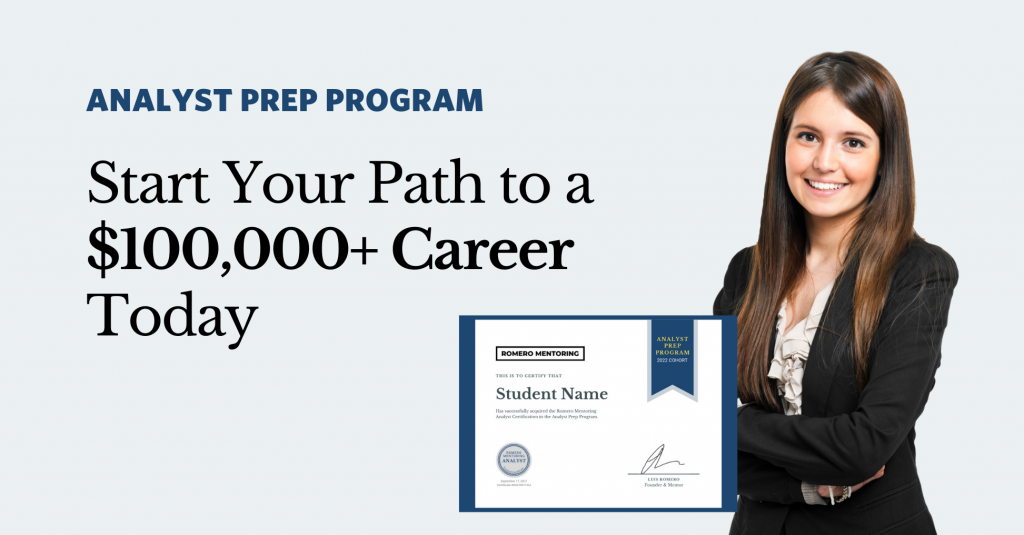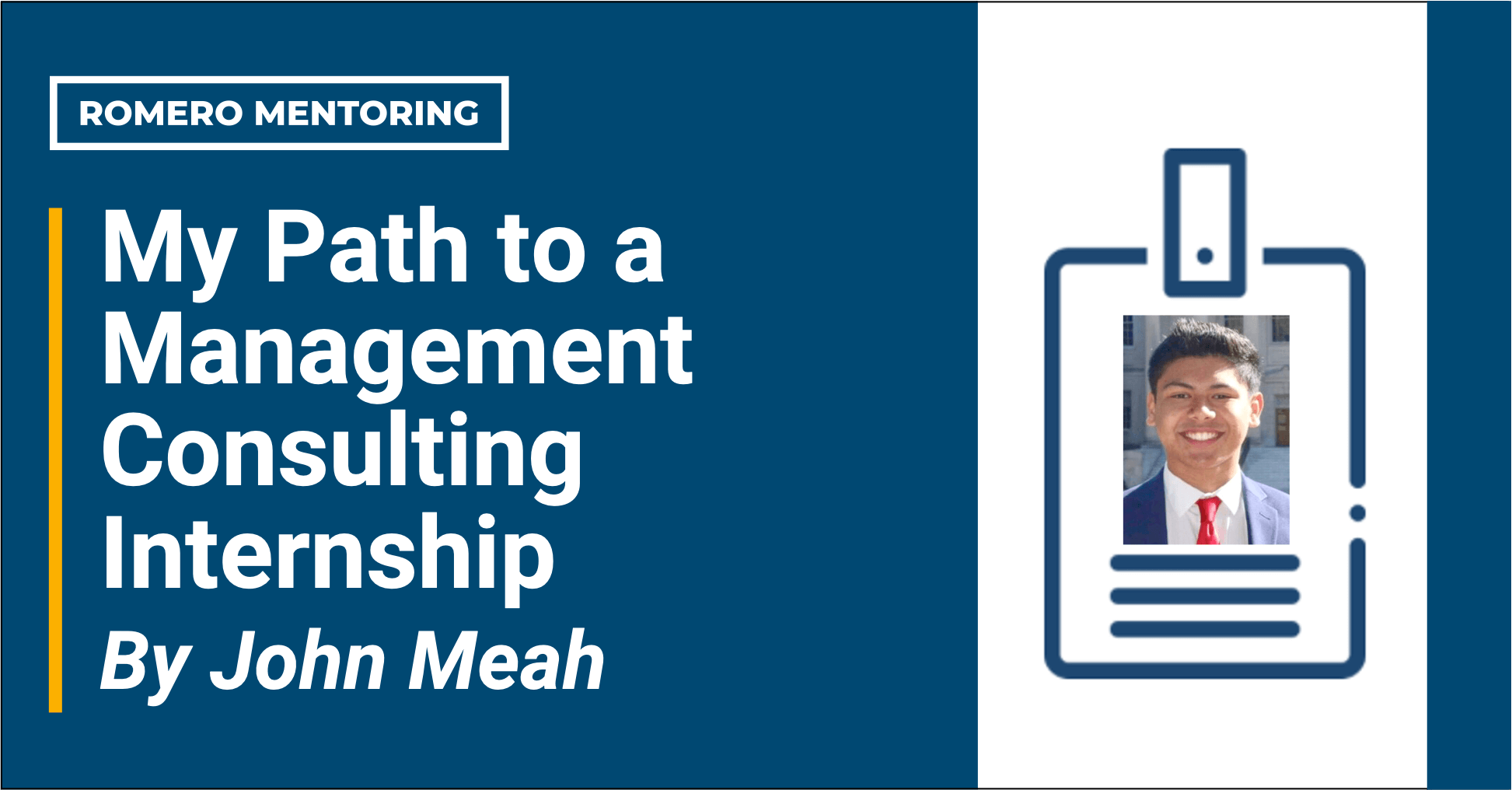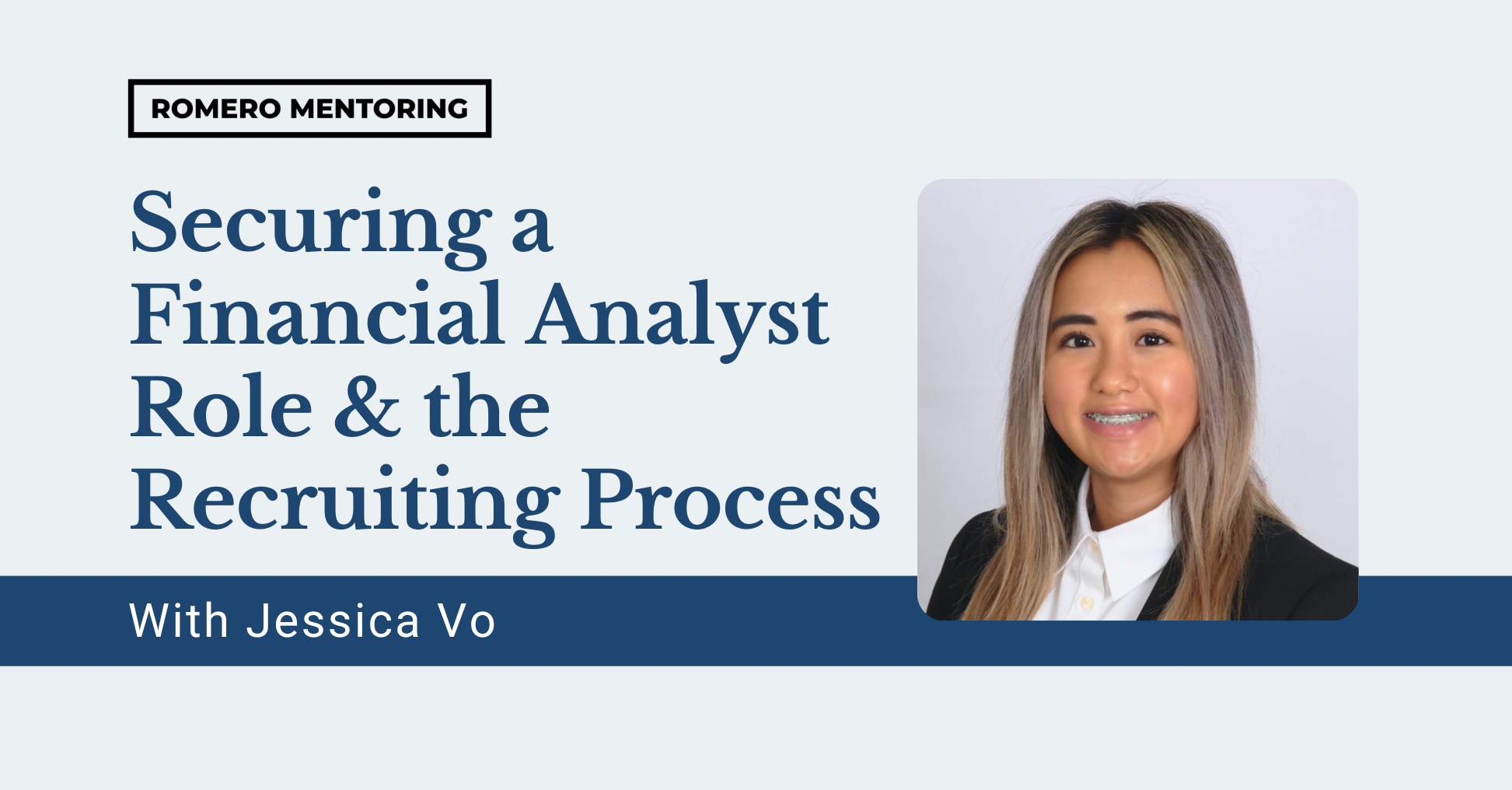My Background
My name is John Meah and I am from Long Island, New York. I am currently a sophomore at the University of North Carolina at Chapel Hill studying business administration and psychology with a minor in philosophy, politics, and economics (PPE). I chose UNC for the balance of sports, academics, and social interaction that it offers. UNC students have access to national champion sports programs, top academic colleges, and a wonderful community.
As I write this, my third semester at UNC is coming to its conclusion. During my time at the university, I have held various roles and had the opportunity to learn about myself and grow. I currently serve as the Vice President of Professional Development for the Scale and Coin Business Society, an ambassador for the Order of the Bell Tower, and a GLOBE scholar. In Scale and Coin, I have mentored underclassmen and helped them pursue their professional goals. This upcoming semester will be my final semester in this role, and I will be working to revitalize our training process and make it more applicable to popular careers. I was fortunate to be accepted into this society during my first semester; several career-oriented upperclassmen took me under their wings and helped me to secure several internships. Within the Order of the Bell Tower, I assist in upholding and running university traditions. The order is one of UNC’s oldest “secret” societies. Finally, GLOBE is a study abroad program that is run by UNC’s Kenan-Flagler Business School. A cohort of 54 students (18 students each from Kenan-Flagler, Copenhagen Business School, and the Chinese University of Hong Kong) travel across three continents together over three semesters. These are my current obligations, but UNC offers an abundance of opportunities.
Why I Pursued Management Consulting
If you had asked me where I saw myself in five years at the start of university, I would have given you a clear projection path that included working at Goldman Sachs and eventually moving on to Blackstone’s private equity group. Moreover, I would not have been able to tell you much about investment banking! I merely wanted to pursue the career for the prestige and profit possibilities. Despite this, I learned about the industry during my time as a member of the UNC finance society Scale and Coin. As I previously mentioned, several upperclassmen mentored me during my time in this organization, and they guided me throughout my education and recruiting process. If you do not have access to similar programs at your university, you can always educate yourself through resources like The 400 Investment Banking Interview Questions and Answers Guide. The Romero Mentoring Analyst Prep Program is also a fantastic option for those who want to learn more about financial services. I cannot think of any other experience available to underclassmen that provides such a comprehensive training process. The Romero Mentoring Analyst Prep Program developed my financial modeling skills, improved my presentation abilities, and enabled me to make sound investment decisions.
Last spring, I applied to practically every investment banking diversity freshmen program I could find but also applied to McKinsey & Company’s freshmen program as I wanted to keep an open mind. This, of course, was not a very wide net which became problematic during sophomore recruiting. Regardless, these programs are incredibly helpful in terms of industry understanding. They give you an easier path to the company through learning materials, networking events, and oftentimes a guaranteed or accelerated interview process. In particular, McKinsey’s freshmen program, the Freshman Diversity Leadership Academy (FDLA), helped me discover a passion for the work of management consultants and offered me the resources I needed to thrive as an interviewee.
As for why I decided to apply for McKinsey’s sophomore internship program, Sophomore Diversity Leaders Internship (SDLI), this decision boiled down to two considerations – McKinsey’s freshmen program and the wonderful people that make up the company. The freshmen program is what first sparked my interest in consulting. I found out during it that I genuinely enjoyed case interviews because of their similarity to puzzles and complex problems. The more important factor in my decision to apply to SDLI, however, was McKinsey’s people. I quickly found that every person I spoke to at the firm was like-minded to me and held more interesting conversations than anyone I’d previously networked with at other investment banking firms. These two factors helped sell me on the firm and made my decision to apply easy.
How I Prepared for the Interview Process
Preparation for consulting interviews comes down to two major factors – networking and studying. The people I networked with were kind enough to offer to mock interview me to assist me in preparing for McKinsey’s process. These interviews gave me insight into what to expect and helped me to feel comfortable and prepared going into the actual interview. To prepare for mock case interviews, there are an abundance of study materials available online and for purchase. The best consulting guide, to the best of my knowledge, is Case in Point. Reading through this guide and taking notes gave me the information necessary to run successful cases. If you are able to complete both of these steps, all you need to remember is that practice makes perfect, but there is such a thing as over-preparing. In my process, I found the happy medium where my ideas were fresh and creative, but I felt prepared going through each case.
Final Tips and Insights
I believe the most important aspect of any interview is genuine interest. Throughout my investment banking interviews, I felt myself showing false interest because I lacked passion in the goal I was pursuing. One of the people at McKinsey that I networked with told me how my face lit up when we ran through a mock case, and that is when I realized I was focusing on the wrong industry. Through this, I further recruited with McKinsey and found that I would be a perfect fit and felt a real sense of belonging which no other company had previously made me feel. In summary, you cannot fake genuine interest and such interest is what truly sets candidates apart.
Another tip is to keep an open mind throughout your recruiting process and cast a very wide net. If not for my upperclassmen mentors, I would have focused only on investment banking. It is important to remember that sometimes people can see things in you that you don’t at first see in yourself. Even with the help of my mentors, the net I cast during recruiting was extremely restricted. Once I realized I wanted to pursue consulting, I was only able to interview with McKinsey. Luckily enough, this worked out, but I would have been distraught if it had not.
Now, this tip is largely overstated but still frequently forgotten or ignored. Do not forget to prepare your behavioral answers regardless of the industry you are pursuing. I firmly believe at least a quarter of your interview preparation should be spent on behaviorals. People often get their technicals to a great point but fail to sell themselves and form a connection with their interviewers. To prepare behaviorals, I recommend writing out answers to each question you might get and then going through the most common ones with mentors for feedback.
My final piece of advice relates to the organizational structure of your interview answers. If they are organized and easy to understand, it is much easier to form a bond with your interviewer and show them that you are serious about their industry. This is not to say that you should sound robotic. Each person must find their balance between being structured while still remaining personable and holding an enjoyable conversation. When answering questions, attempt to use top-down organization and the rule of three. Your answers should be structured in such a way that you can give your interviewer a brief rundown of the story to see if they like it. If they do, you can run them through the story in the format of a situation, conflict, and resolution, and then tie it all together with a conclusion that summarizes what you want them to learn about you. The rule of three focuses on a strange psychological aspect of the human mind. People, for some reason, love things in threes. So structure your answers to questions in trios. For example, at the start of every case I provided three areas of emphasis that I wanted to explore in order to come to a better conclusion.
Romero Mentoring’s Analyst Prep Program

The Analyst Prep Program teaches the technical and practical skills that investment banks, hedge funds, and private equity & consulting firms look for in a candidate. Students begin with little to no technical skills and develop into fully prepared professionals who can perform as first-year analysts from day one through the program’s training and internship.
About Romero Mentoring
Since 2016, Romero Mentoring investment banking training and internship programs have been delivering career mentoring to job seekers, professionals, and college students pursuing careers in finance. We’ve helped hundreds of students start their careers on Wall Street through our Analyst Prep and Associate Programs. Our graduates work at top-bulge bracket banks and consulting firms, including Goldman Sachs, JP Morgan, McKinsey, and many more.
In just 15-weeks you can become a world-class finance professional with our fully immersive internship and Investment Banking Training Programs.





